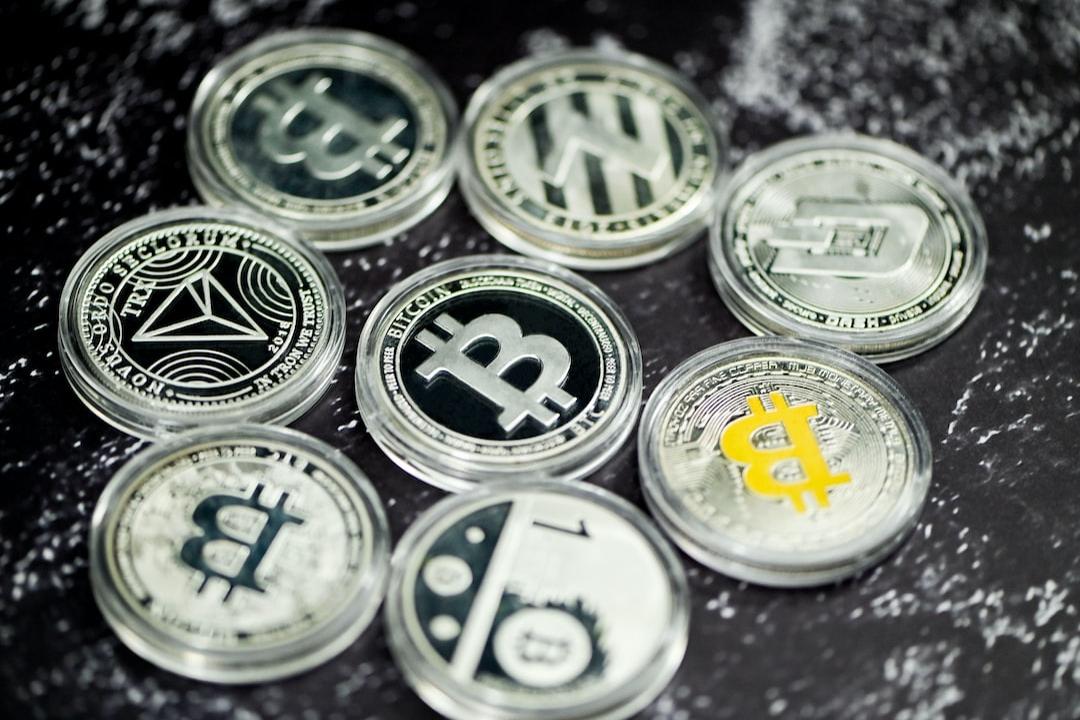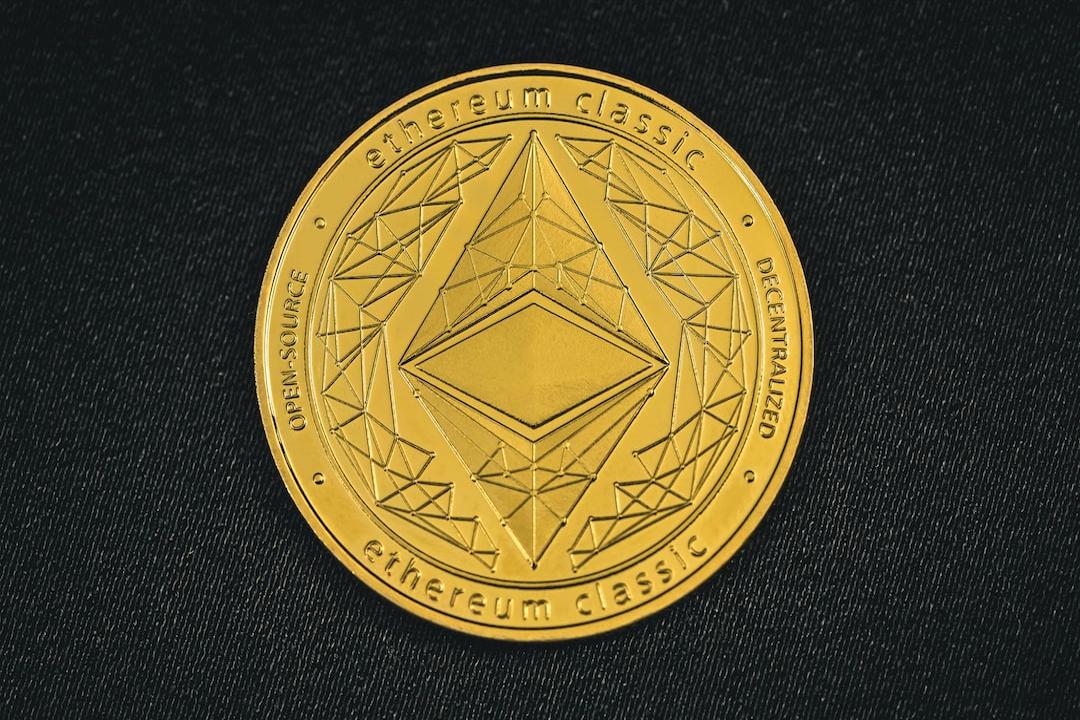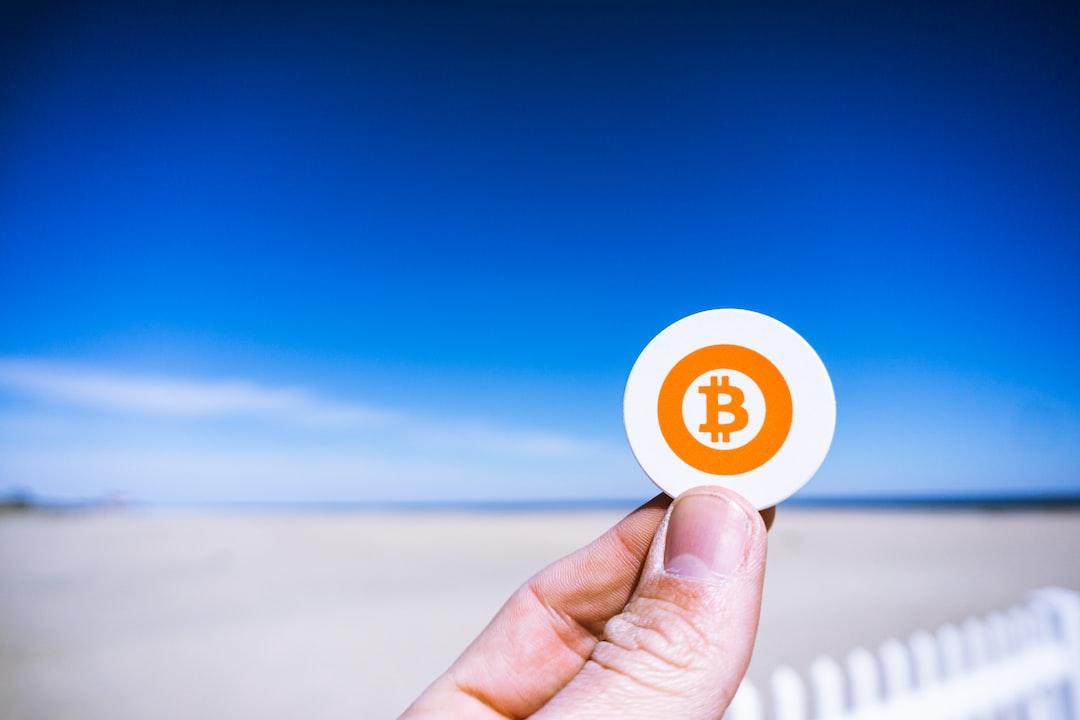
DeFi Platform Stead Aims to Fund Modular Floating Cities for the Future
A groundbreaking project based on blockchain technology is seeking to finance more than just boats and houses; it aims to support the development of entire floating cities on the ocean through decentralized finance.
Stead, a DeFi platform, provides liquidity to small marine businesses such as fishing, fish farming, and floating infrastructure. The platform is dedicated to backing projects that include floating houses, hotels, restaurants, docks, and even entire floating cities.
Stead tokens enable underbanked users, such as fishermen, to access funding for assets through a unique “lease-to-own” model. The supply model gradually burns tokens over time as leased assets are paid off, ultimately transitioning ownership to the user.
The long-term goal of Stead is to establish partnerships to build fully functional floating cities with independent infrastructure. This initiative, known as Stead, offers liquidity and financial services to marine businesses and individuals through cryptocurrency. The ultimate objective is to create modular, interconnected floating villages with self-sustaining power, water, and other essential resources.
Based in the Philippines, Stead’s initial focus is on serving the underbanked fishing and fish farming industries in developing nations. By utilizing crypto lending, the platform supports crucial purchases such as boats, equipment, and processing facilities.
Stead’s innovative token system allows buyers to gradually attain ownership of assets through a “lease-to-own” approach. Over time, users burn tokens until the value destroyed exceeds the initial minted amount for the loan, resulting in full ownership of the asset.
This model offers flexible financing for individuals who may not qualify for traditional loans, and the leased assets serve as collateral if users default on payments.
Following its establishment in the fishing industry, Stead plans to expand its support to include ambitious projects like entire floating neighborhoods. The company has already funded its first project involving the construction of several floating houses.
Using modular ships and platforms, Stead aims to facilitate the creation of self-contained floating cities, with linked modules sharing resources such as electricity, wifi, fresh water, sewage, and transportation.
This concept presents numerous possibilities, including the development of tourist destinations, research laboratories, offshore production facilities, and havens for digital nomads. Additionally, establishing such cities in international waters provides greater flexibility due to evolving regulations.
Stead’s incremental approach begins with financing marine individuals and progresses towards the development of extensive, long-term floating infrastructure. Throughout this process, the company implements various innovative blockchain mechanisms.
The system dynamically adjusts token prices based on the costs of minting, and as users pay off assets by burning tokens, the circulating supply decreases. This is intended to create intrinsic, growing value.
Smart contracts enable automated ownership transfers once burn requirements are met, and records such as titles are immutably tracked on the blockchain.
Through crypto-economics, Stead aligns individual incentives with collective outcomes, thereby financing the development of futuristic floating projects.
With the completion of the first floating houses, Stead is demonstrating that these concepts can transition from theory to reality. The initiative empowers two key groups: marine workers facing financial challenges and groups seeking to establish offshore spaces with greater autonomy.
By bridging the interests of these groups, Stead has the potential to pioneer a new pathway for exercising autonomy at sea, supported by decentralized tools. The ability to scale from individual ships to entire floating cities presents a multitude of opportunities.
While still in its early stages, momentum is clearly building behind this futuristic vision empowered by blockchain technology. The modular nature of the project means that realizing it simply starts with floating one piece at a time.













